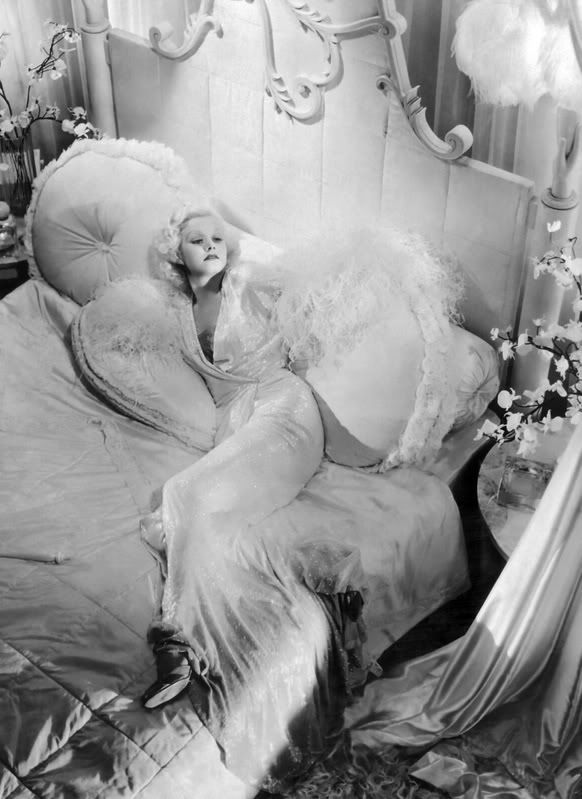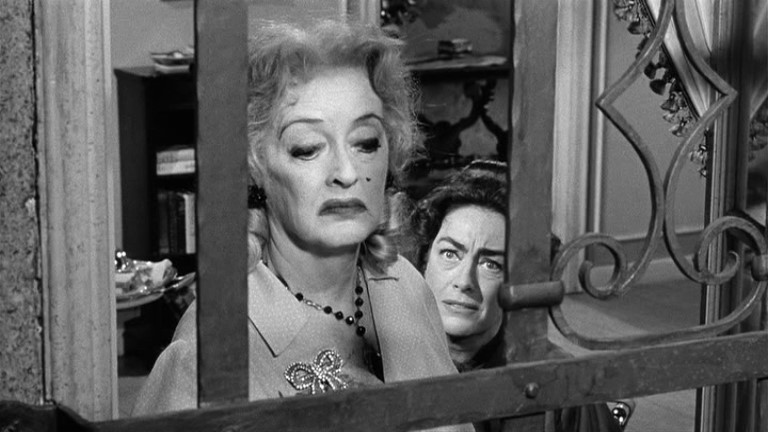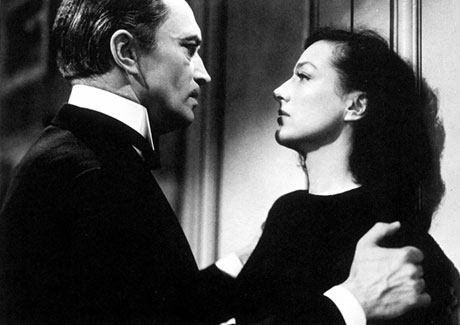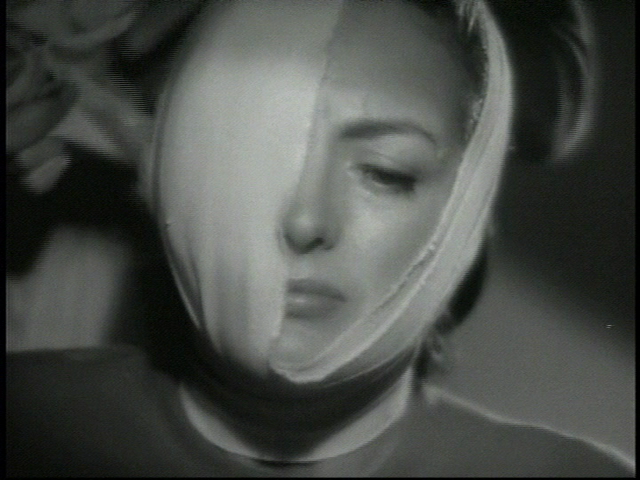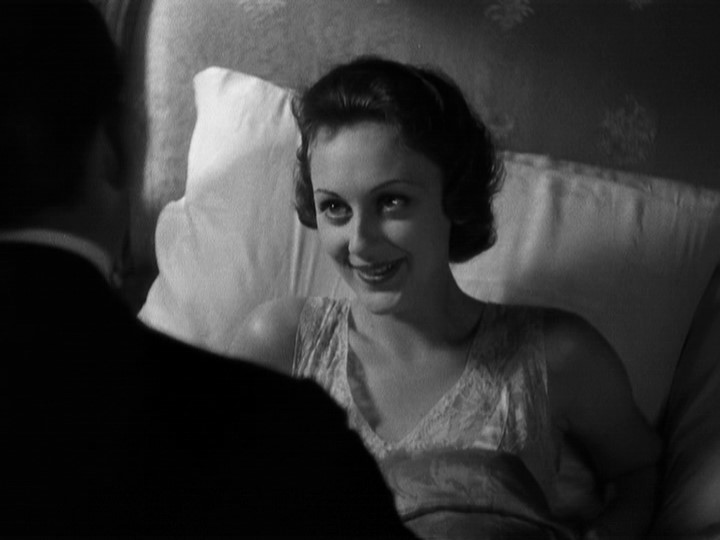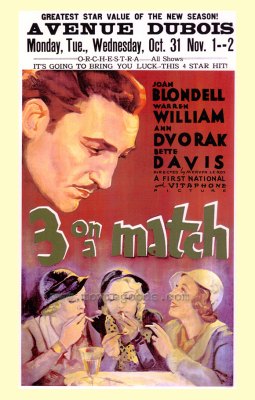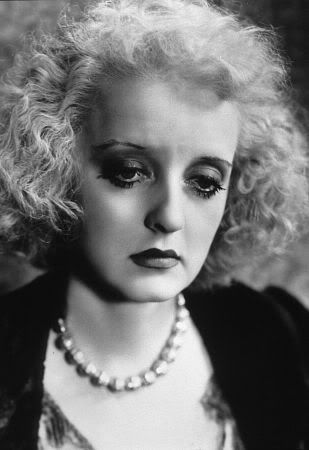
I recently saw Doubt for the third time the other day, and I'm amazed that the film still holds up, in fact, with every view the film feels shorter and shorter.
Meryl Streep plays Sister Aloysius, the stern principle of a Bronx Catholic school in 1964. She is hard-headed, old-fashioned, but fiercely devoted to her students and the other Sisters. Phillip Seymour Hoffman is Father Flynn, the new priest who has more progressive ideas, such as making the students feel like part of a family in addition to adding secular Christmas songs to the school Christmas show. When History teacher Sister James (Amy Adams) observes some odd behavior on both Father Flynn's part as well as Donald Miller, the school's first and only black student, she turns to Sister Aloysius with her suspicions and sets off a chain of events that call into question faith and certainty as Sister Aloysius sets out to expose Father Flynn without a shred of evidence.
First off, the mainy reason to see Doubt is for the high level of acting that you will see in this film. Meryl Streep is fantastic as the forceful and occasionally funny nun who is devoted to seeing a monster ejected from her school. Streep gives us a sense of fierce maternal instinct for her students as well as someone who has suffered hardships in the past and is now an excellent judge of people. Amy Adams is also great as the innocent Sister racked with guilt over bringing to light an indescretion that she believes never happened. Viola Davis (who has not been mentioned yet) is insanely powerful in her brief appearance as Donald Miller's mother. She is a woman who is simply trying to keep her life together between a son who
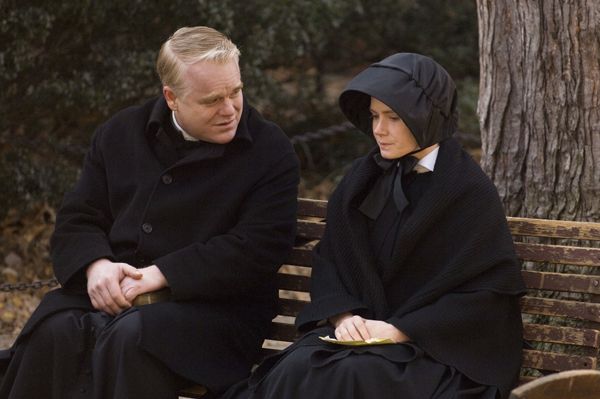 has a few secrets of his own and her abusive husband. And when questioned by Sister Aloysius, she is able to drop the mask and show the deep fear, hurt, and maternal love bubbling underneath.
has a few secrets of his own and her abusive husband. And when questioned by Sister Aloysius, she is able to drop the mask and show the deep fear, hurt, and maternal love bubbling underneath.But the standout of the film has to be Phillip Seymour Hoffman, who has the difficult task of playing a totally ambiguous character. He has to straddle the line between guilt and innocence and he never tips his hand towards either, instead he plays the character
 in a way where every emotion could be seen as a confession or an absolution.
in a way where every emotion could be seen as a confession or an absolution.The film itself is almost like a mystery without a grand denoument. Which works in it's favor, because the film is so ambiguous as to what is and isn't happening, that it could have seriously hurt the film to go in one way or another. Plus, it allows for some great discussion, after seeing it last, my brother and my three cousins spent about an hour talking about out own theories as to what happened.
The film can be a bit heavy handed at times though, it constantly relies upon wind metaphors, with references made about the strengthening wind throughout the film, there is also a lot of dutch angles used in the film, which may turn some people off. It's also a very dialogue heavy movie, with no real action scenes which could turn some people off.
But if you enjoy smartly written, brilliantly acted films that can actually leave you discussing it for hours, you will love Doubt, like I did the first time, the second time, and the third time I watched it.
Oh, before you watch it, please keep in mind that you probably shouldn't take the last line of the film 100% literally. I know a few people who have stated that it ruined the movie because they didn't really look beyond what it could potentially mean, so please keep an open mind.
